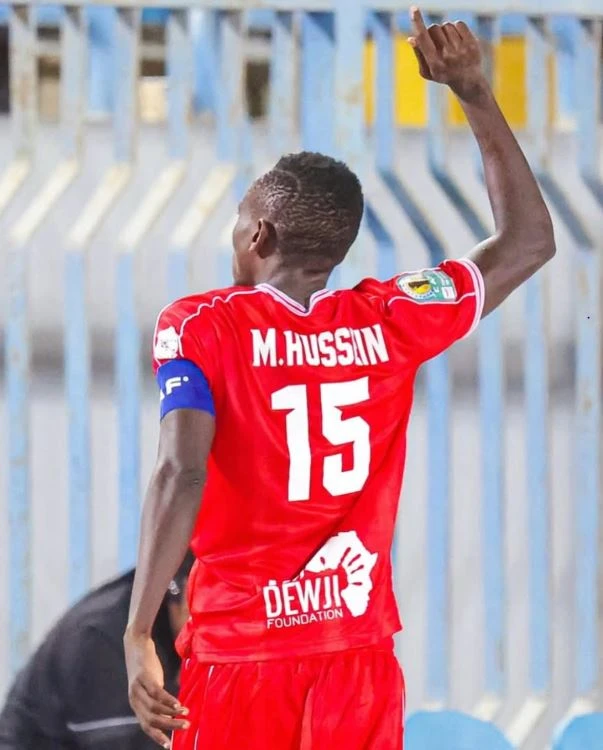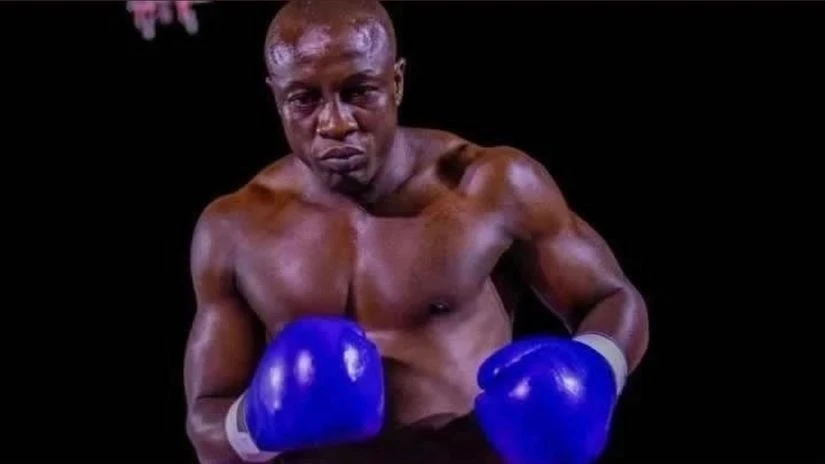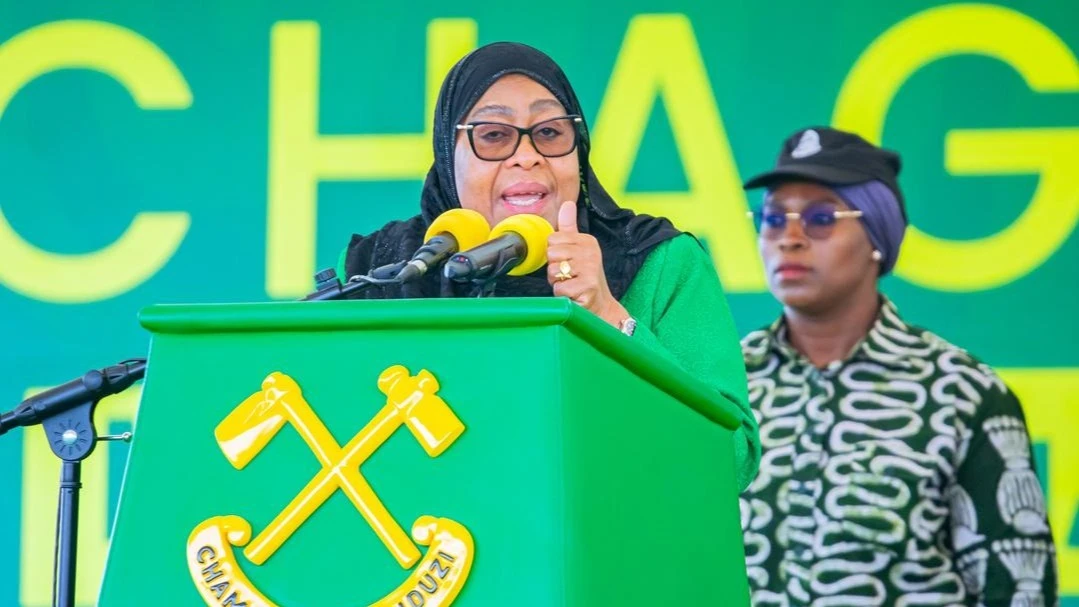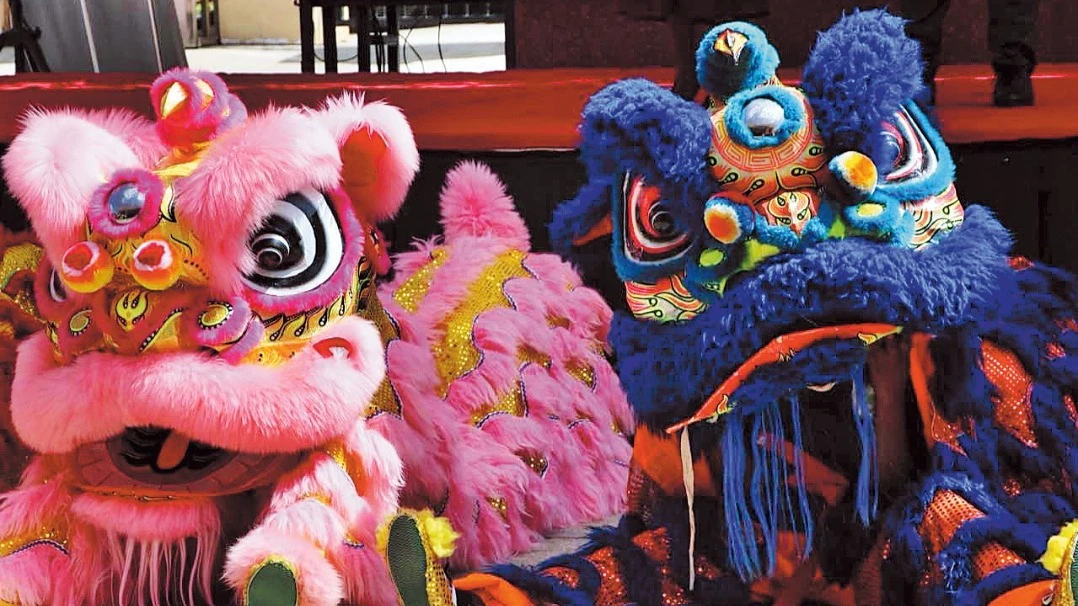Simba and skipper Tshabalala in a bittersweet goodbye after 11 years

AFTER eleven illustrious years donning the red and white of Simba Sports Club, Mohamed Hussein, affectionately known as ‘Tshabalala’, stands on the cusp of a seismic move to arch rivals Young Africans (Yanga) following a contract renewal breakdown.
This departure marks the end of an era for Simba and its passionate fanbase, who have watched Tshabalala (pictured) evolve from an 18-year-old prodigy signed from Kagera Sugar in 2014 to the heartbeat of the club.
His exit, while pragmatic, leaves a bittersweet taste, cementing his legacy as a club legend while raising questions about Simba’s future and the emotional weight of seeing their captain cross the fiercest divide in Tanzanian football.
Tshabalala’s journey with Simba began under the stewardship of the late Zacharia Hans Poppe, who saw potential in the young defender during a turbulent 2013/2014 season when Simba finished a disappointing fourth in the Tanzanian Premier League.
That campaign saw Azam FC claim the title, Young Africans secure second, and even Mbeya City outperform Simba.
Hussein’s signing, alongside 13 other players including Ibrahim Ajibu and Emmanuel Okwi, signaled a new dawn for the club.
Over the next decade, Tshabalala became the linchpin of Simba’s resurgence, leading them to four league titles, three Federation Cups, and a remarkable 12 trophies under 16 different coaches.
His leadership guided Simba to seven CAF quarter finals and, this season, a historic CAF Confederation Cup final. For a player who joined as a teenager, these achievements are nothing short of extraordinary.
Yet the 2024/2025 season paints a different picture. Simba’s failure to secure the league title for four consecutive seasons and a string of five consecutive losses to Young Africans in the Dar es Salaam derbies has intensified scrutiny on the club’s direction.
Tshabalala, now 30, has been at the forefront of these battles both literally and figuratively as captain. His departure comes at a time when Simba is undergoing a squad rebuild, seeking a “new beginning” to reclaim their dominance.
The club’s decision to part ways with their talismanic leader, while painful, reflects a mutual recognition that both parties need fresh challenges.
Simba’s official statement, delivered by media and communication manager Ahmed Ally, strikes a balance between gratitude and pragmatism.
“We love him, we respect him, and that will remain forever,” Ally declared, acknowledging Tshabalala’s indelible mark on the club. Yet the statement also admits that “it was the right time for Tshabalala to leave Simba and the right time for Simba to part ways with Tshabalala.”
This candor reveals a hard-learned lesson from past mistakes, notably with former captain John Bocco, whose extended contract saw him relegated to the bench, battling injuries, and eventually transitioning to a coaching role while still a player.
Simba’s refusal to repeat this error underscores a commitment to progress, even at the cost of losing a legend.
The prospect of Tshabalala joining Young Africans, however, is a bitter pill for Simba fans to swallow. The move to their fiercest rivals feels like a betrayal, though Ally dismisses the shock, noting: “Many have gone to our rivals before, and there’s nothing surprising about it.”
For fans, the emotional weight is undeniable. Tshabalala was more than a player; he was a symbol of Simba’s resilience, a warrior who embodied the club’s fighting spirit.
Seeing him in Young Africans’ green and yellow will sting, especially given the recent dominance of the Jangwani Street-based side in head-to-head clashes.
Yet this move also highlights the ruthless pragmatism of football. Tshabalala, at 30, is still in his prime, and after 11 years and 12 trophies, he may well ask himself, “What more can I do here?”
A move to Young Africans offers a new challenge, a chance to prove himself in a different environment, and perhaps a final shot at continental glory.
For Simba, the challenge now is to fill the void left by Tshabalala’s departure. Ally’s confidence in the club’s leadership to recruit “another player like Tshabalala or even better” is bold, but the task is daunting.
Replacing a player of his caliber both on the pitch and as a leader requires not just skill but also the ability to galvanize a team and its supporters.
Simba’s ongoing squad rebuild, which began last season, signals a commitment to youth and renewal, but the loss of Tshabalala’s experience could be a stumbling block in the short term.
The broader implications of this saga extend beyond the pitch. Tshabalala’s exit prompts reflection on loyalty, legacy, and the transient nature of football.
Both club and player have given their all, but sometimes love and respect mean letting go. Simba’s decision to prioritize the future over sentimentality is a gamble, but it is one rooted in the belief that a stronger Simba is possible.
As Tshabalala prepares to don Young Africans’ colors, his legacy at Simba remains untarnished. He leaves as a legend who transformed the club, led with distinction, and delivered moments of glory that will echo in the hearts of Msimbazi Street faithful.
Yet the bittersweet nature of his departure, marked by a failure to agree on a new contract and the shock of joining Young Africans, underscores the harsh realities of modern football.
For Simba, the challenge is to honor Tshabalala’s contributions by building a team capable of reclaiming their place at the summit.
For Tshabalala, it is a chance to write a new chapter, even if it is in the colors of the enemy.
Top Headlines
© 2025 IPPMEDIA.COM. ALL RIGHTS RESERVED
























